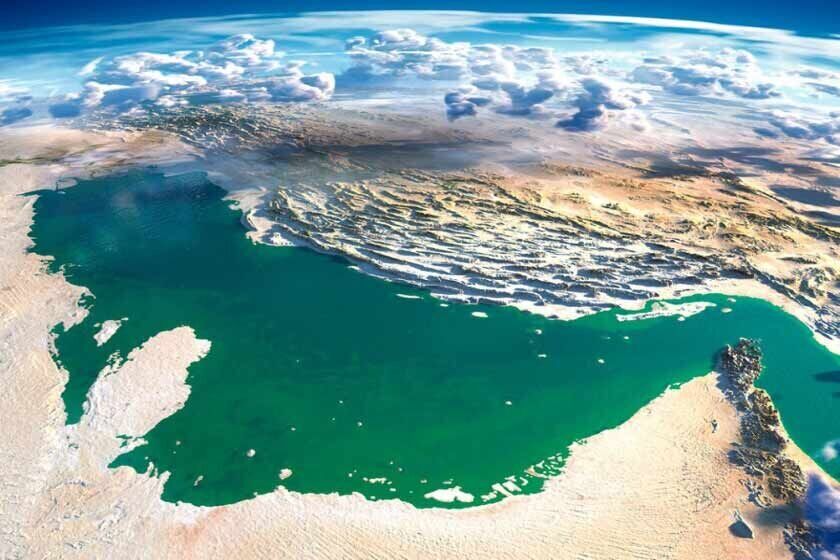Arash Saffar, speaking in an interview with the website of the Strategic Council on Foreign Relations, referred to the holding of a joint exercise of the PGCC countries and stated: The exercise was the third that was held according to the decision adopted at the ministerial session of the Cooperation Council. The first was held in 2016 and the second in 2020, in which Qatar did not participate due to its differences with the Council member states.
Saying that Qatar was present at the third exercise, he added: Saudi security officials have stated that the unity of fate and security of the Council member countries has been an important message for holding the exercise.
The expert on West Asia affairs pointed to the possibility of the reduction in US security and military commitments towards the Persian Gulf, saying: Arab states of the Persian Gulf are making such predictions and are trying to upgrade their military and security capabilities, as we see the policy of diversification of arms suppliers and efforts to localize the arms industry in those countries.
Emphasizing that such exercises do not appear to change the security structure of the Persian Gulf, Saffar explained: Iran, while strengthening and diversifying its capabilities, has evaluated the military capabilities of individual member states of the Council, as well as their total capabilities, and does not consider it a threat to itself.
Saying that holding such exercises could not lead to a change in the security structure of the region, he added: What makes such exercises not go beyond the day-to-day security-military affairs and does not change the equations, is a common understanding among the member states of the Council that there is no “threat”. Unlike the 1980s, when the Cooperation Council was formed out of a common sense of threat with regard to Iran and Iraq, today the differences between perceptions of those countries towards the issue of “threat” have turned their relationship into a routine and normal cooperation.
The West Asia affairs analyst, describing the most important differences between the PGCC member states, said: The PGCC countries by holding a joint exercise were trying to spread a message of collective authority.
Referring to Iran’s emphasis on the need to form a strategic strategy based on collective and regional cooperation to establish security in the Persian Gulf and the importance of preventing foreign interference in the region, he said: Iran has always insisted that the trans-regional countries must leave the Persian Gulf and that its security must be maintained collectively by the countries of the region.
Saffar pointed to the Zionist regime’s attempts to play a role in the Persian Gulf and the consequences of normalizing its relations with some Arab countries bordering the Persian Gulf, and the desire of some of them, especially the UAE, to expand its military relations with the Zionist regime and continued: Under the current situation, given the capabilities of Iran and its upper hand in the Persian Gulf and the Arabian Sea, as well as the vulnerabilities of the Zionist regime, it does not seem that this regime can play an effective security and military role.
The expert on West Asia affairs took note of the plans and ideas that Iran has presented in different years to form a kind of collective cooperation in the Persian Gulf with the presence and participation of countries in the region and added: Iran’s efforts to build a collective security structure are long-term and require a long period of detente; the parties must work to build trust, change the misconceptions that have developed between them, prevent the impact of differences at the security level, and resolve them at the political level.
Emphasizing the importance and necessity of strategic cooperation between the countries of the region to establish security there, Saffar said: The long-term process of detente and confidence-building should finally be institutionalized in order to create permanent channels of dialogue, increase coordination and prevent misunderstandings. Such a process should be based on regional initiatives and local patterns; however, the experiences of other regions can be used in some way to avoid failure, as such failure makes subsequent efforts more difficult.
He underlined the need for a concerted effort by decision-makers and elites in all the Persian Gulf states to come forward with ideas for joint security arrangements among the countries of the region, adding: In recent months, we have witnessed various efforts by countries in the region to reduce, resolve and manage disputes; those efforts can be seen as a sign of their understanding of the limitations and understanding of the necessities of overcoming the serious tensions of the past years, which, if successful, could be the beginning of a transition to new conditions in the Persian Gulf.










0 Comments